Sessions / Zoom 2






Literature in Language Teaching as Community #265
In this forum, presenters will introduce ways in which literature and approaches to it can be used by students and educators to understand, contribute to, and participate in, various notions of community. Audience members will then be invited to discuss the effect and effectiveness of literature and teaching/learning methodologies in both defining, and existing in, a greater whole. Please join us in an exchange of ideas and a sharing of experiences.

Literature in Language Teaching AGM #842
The Literature in Language Teaching SIG welcomes all current and potential members to the SIG AGM.
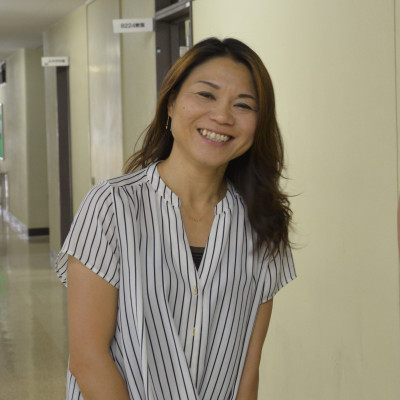
Benefits of Online Group Projects #520
In this presentation, the presenter will introduce how to set up an online task-based group project using free Zoom applications with iPads. She also introduces several unique teaching styles and activities in this class. For example, switching from teacher-centered lessons to the students-centered group discussions in one lesson. At the end of this presentation, the benefit of online group lessons in comparison with face to face lessons will be introduced.



Teaching Presentation Skills in an ERT Setting #526
Emergency remote teaching (ERT) of English oral presentation skills forces new perspectives on learning. A blended learning approach was developed over several years to complement classroom delivery with Moodle-based multimedia interactive activities. Leveraging that knowledge base, this workshop introduces techniques and tasks specifically addressing remote learning problems of how to develop presentation skills without a live interactive environment, and how to keep easily disenchanted students encouraged and engaged without constant real time support.

Perception of Flipgrid Among University Students #776
This presentation is about a mix-method study that aims to provide a better understanding of students’ perception of usefulness and ease of use of an interactive online platform, Flipgrid, in freshman English discussion classes in Tokyo, Japan and to investigate how Flipgrid can benefit students’ speaking ability and enhance their learning experience and confidence. The data collected from two questionnaires and students’ videos will be analyzed and the results will be presented.
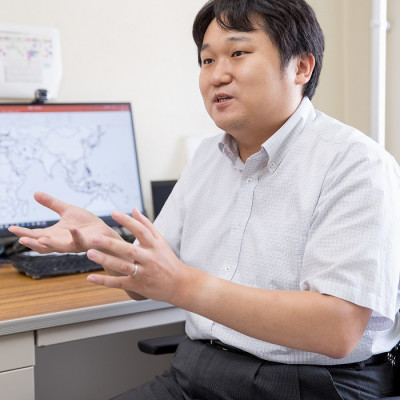
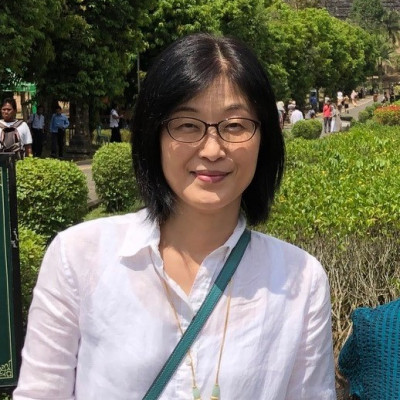

International Exchange Activities After COVID-19 #403
The spread of COVID-19 has made it difficult for students to study abroad and has brought major changes into universities' international exchanges. In response to these changes, presenters implemented online technologies into their international exchange activities on campus and with overseas partner institutions. In this workshop, in addition to presenters explaining their activities, participants will be invited to share their experiences/ideas and discuss further possibilities of international exchanges under the circumstances of COVID-19.




Raising Awareness Through Discussion #818
The Code of Conduct (CoC) and Diversity and Equity Practices (DEP) Committees aim to broaden JALT’s appeal to a wider community of participants. They will host a roundtable where participants are invited to share experiences in topics including native-speakerism in Japanese ELT; professional development assistance for working mothers and single parents; enhancing solidarity among teachers across employment, gender, and ethnicity; and developing effective classroom activities to teach issues within the contexts of diversity and conduct.



OLE SIG Forum: Engaging Learners Online and Offline #270
In this forum the presenters will evaluate their experiences with the use of online learning platforms for their classes and with teaching vocabulary to beginners. Presenter 1 talks about the use of Zoom and Moodle at a technical university. Presenter 2 explains some tricks when using Zoom for German classes. Presenter 3 shares the experiences with an online practice room for Thai, and presenter 4 focuses on Vietnamese vocabulary teaching beyond the textbook.

Business Communication SIG AGM #829
The Business Communication SIG will provide membership, treasury, program and publication reports and hold an election for officer roles. This is a period of transition for the SIG, but we have built a stable platform and legacy from which to take the SIG forward, so please come along to listen, offer your opinions and help to create a new vision for the future!


Bilingualism SIG Forum and AGM #278
The Bilingualism SIG is proud to be celebrating 30 years of continuous support for individuals and groups who are regularly using more than one language and who consequently have some claim to multiple cultures. This year’s forum will consist of an open discussion where participants can share stories of their language learning journeys, past and present; both global and local. Discussions will take place in both Japanese and English and the AGM will directly follow.







Aligning CEFR to Practices: Action Research Steps #262
The CEFR & Language Portfolio (LP) SIG Forum will discuss how to align the CEFR to current practices for identifying needs of learners and teachers in the classroom by using an action research cycle. We will explain the outline of our new JSPS kaken research project which explicitly includes the SIG. We are looking for case studies in relation to the CEFR using action research. The CEFR & LP SIG AGM will be held after the Forum.
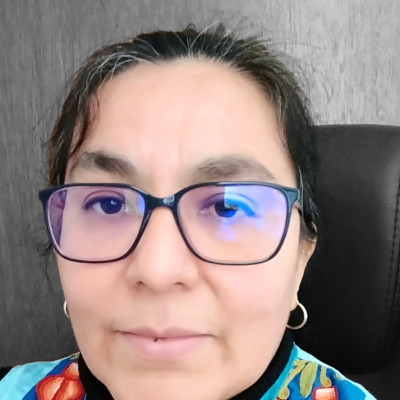
Online Teaching Communities Fostering EFL Learning #643
Experiences of implementing early virtual practicum for online language learning are scarce. A case study with an experiential component, aimed at fostering a preservice language teacher’s pedagogical knowledge for online language learning. Information derived from a community of experts in online learning contributed to the implementation of a specific instructional design type in an in-service/preservice teacher collaboration model. Both the benefits of this practice and some aspects to be improved will be discussed.

Learner Attitudes Towards Digital Game-Based Tasks #584
While a growing body of research shows that digital games may facilitate SLA in various ways, game-based language pedagogy is still generally viewed as a fringe approach. A study was carried out to gauge learners’ beliefs and attitudes towards games for language learning and also to see if first-hand experience with this approach may affect their perceptions. The results of the initial study suggest that exposure to game-based learning results in more positive learner attitudes.



Nearly Paperless: Nine Years of iPads for All #666
This presentation reports on nine years of iPad use at a university in western Japan. Results from two surveys (2013 and 2020) and interviews of students regarding iPad use will be reported and compared. The uses of iPads in language education will be discussed and the changes in how iPads and other mobile devices have been used and are being used for language education will be shared.

Creating Digital Gamebooks Using Google Slides #428
This presentation reports findings from a case study exploring a collaborative creative writing project aimed at increasing writing motivation and task engagement. In small groups, students created gamebooks (approx. 1000-1500 words) in the Choose Your Own Adventure style using Google Slides. Results showed increased motivation and engagement with the writing task while also attaining the language learning targets of a first-year EFL writing course. Educators will learn practical steps for creating gamebooks using Google Slides.


Development of an English Pronunciation App #558
This presentation outlines the process of developing a smartphone application used as a resource for 1) the study of English pronunciation, and as 2) a data gathering tool for quantitative analysis of its users’ study habits. The presentation focuses on the rationale for the application, the factors considered in its design as well as the stages of development required for bringing the project to fruition.

Teaching Digitally and Remotely Feedback of 2020 #385
Promotional Visit the englishbooks.jp pageThis practical session will consider the remote and virtual teaching that has been imposed on us this year from the point of view of teaching tools and materials. The functionality of and access to, content needs to be in place for a successful class and this workshop-style consultative session, will practically share valuable feedback from the delegates and presenters, so everyone leaves with actual practical ideas to implement immediately.
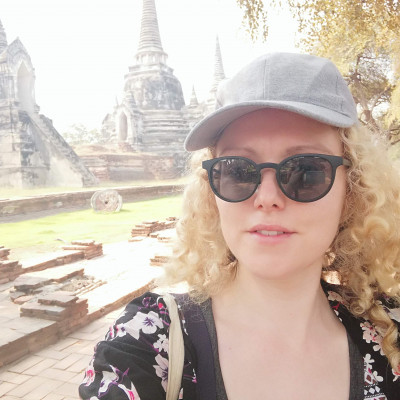
Language Apps: Engagement, Results, and ROI #637
In this presentation, three language learning apps (Duolingo, Word Engine, and English Central) will be compared for test improvement (TOEIC and TOEFL), with three classes over 15 weeks with a daily 10-minute usage target. Cost and time invested as well as students’ engagement and impressions will be assessed to see if the apps can be beneficial and worthwhile for students with low motivation.



Using AI and VR to Improve EFL Skills of Japanese #546
Artificial Intelligence (AR) and Virtual Reality (VR) technologies have succeeded in transforming learning methodologies. This presentation focuses on the use of AI technologies such as smart speakers and VR applications in improving the English proficiency of native Japanese undergraduates, students’ overall impressions of using AI and VR to study English, as well as the potentialities and pitfalls of these emerging technologies.

Teaching With Digital Books and VR and LMSs #391
Promotional Visit the englishbooks.jp pageThis practical discussion-based workshop will address trends and needs in digital teaching and learning. It will use examples of digital books and Learner Management System (LMS) platforms and newly developed Virtual Reality (VR) content, to help delegates identify and solve challenges in the digital teaching environment. The presenter will offer practical ideas to teachers involved in digital teaching, both remotely and in regular classes, and delegates can share experiences and advice with each other.


Game-Based Language Teaching and Learner Identity #740
This presentation will introduce three contexts where gamified online quizzes such as Kahoot!, and games such as Spaceteam ESL and Don’t get Fired were used to scaffold English language teaching. Identity in relation to the games became evident and learner investment in learning English increased. Thus, using such activities was found to have a positive impact on the classroom. Implications and full details of the pedagogical intervention will be discussed.

Developing Visual Literacy Through Film Projects #765
This presentation looks at the notion of visual literacy and its relevance to English teaching and learning. It reports on a filmmaking project carried out in a Japanese university EFL class in which learners used mobile devices to create “how to” films explaining aspects of Japanese culture. The project not only increased awareness of what it means to be visually literate, but also helped students develop linguistic, collaborative, and decision-making skills.

An Excuse to Act: Language Exchanges as Theater #640
This session presents a case study of an undergraduate seminar using video in an online language exchange as a kind of live and interactive theater situated in various locations. A semiotic reading of the videos, qualitative and quantitative assessments of the project, and actionable advice to assist those interested in any such similar project will be discussed.

Raising Consciousness About Machine Translations #439
This presentation describes some activities designed to raise awareness about the use and misuse of machine translations within a task-based learning framework. Inspired by Sharwood Smith's 2001 notion of "consciousness-raising" and Johns' 1991 notion of data-driven learning, it outlines five activities that highlight the benefits and problems of automatic computer translations. The presentation concludes by echoing Stuart's 2003 description of translation as a "fifth macroskill" and a discussion of peer translation resources.

Is Duolingo Useful for University Students? #624
Language learning smartphone apps are in wide use around the world. With over 300 million users, Duolingo is the most popular, and past studies have claimed that the app can deliver the equivalent of a semester’s worth of learning in around 30 hours. This study investigates how well Duolingo works for Japanese university students’ scores on a popular standardized test of English, the TOEIC Bridge Test.

Social Annotation in the Writing Classroom #447
Social annotation allows students and instructors to turn online texts into contexts for interaction, collaboration, and community building. In this practice-oriented workshop, the presenter will introduce a social annotation tool within the context of a reading for a writing assignment used in two writing courses at the university level. Come explore social annotation and how it might benefit your teaching and learning contexts.


Teaching Writing From Sources With Grammarly #736
This pilot study explores the use of a web-based text-matching tool, Grammarly (a premium version), as an instructional tool to teach and facilitate writing from sources in an L2 university classroom. Participants (N=38) at a Japanese university used this tool to learn and practice paraphrasing, summarizing, and synthesizing skills. The results show that Grammarly was not successful in detecting cases of poor citation practices, but students did make some overall improvements in writing.


Use of Duolingo to Aid Language Learning #648
This presentation will share the results of a small-scale study designed to research the effectiveness and the experience of using the mobile-learning application ‘Duolingo’ as a learning aid in a Japanese university context. It will examine the impact of the regular use of this application on student language learning through pre- and post-tests and investigate student attitudes through survey and interview results.